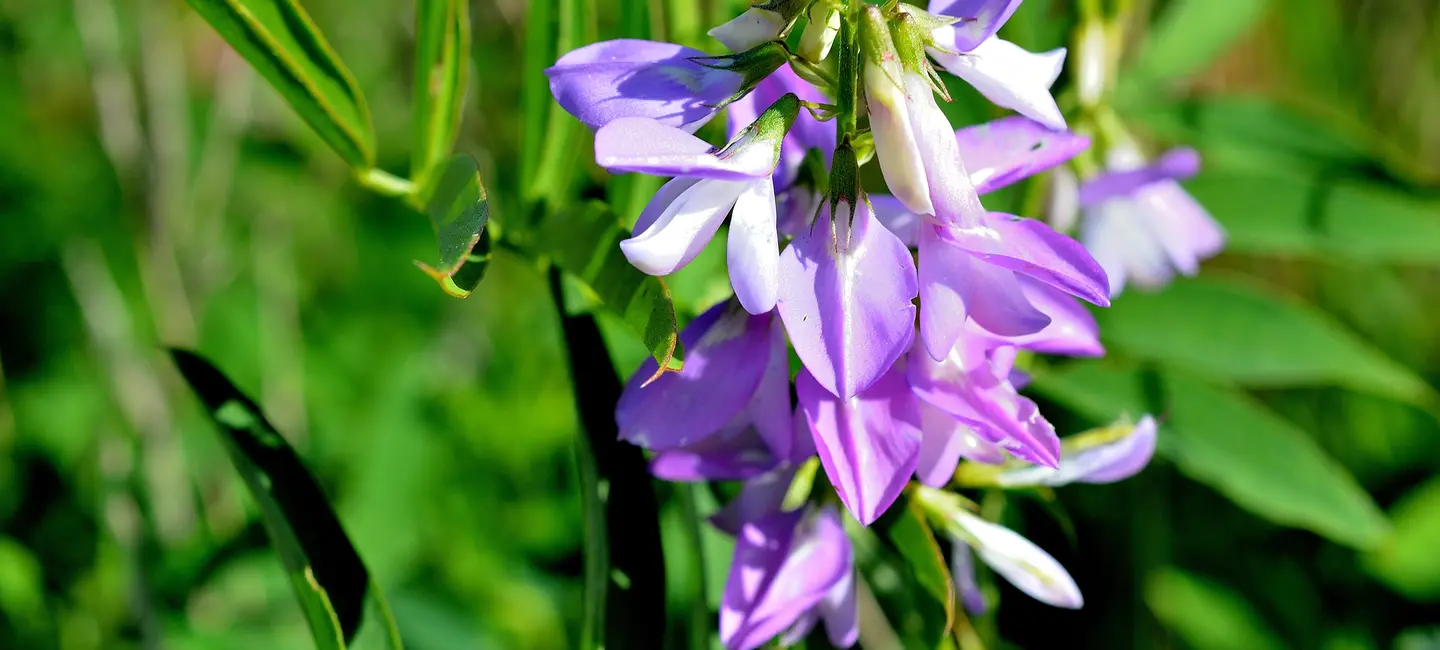
Skullcap (Scutellaria lateriflora ) is a plant native to the US and Europe. Chemicals in skullcap might cause sleepiness.
People use skullcap for anxiety, insomnia, and many other conditions, but there is no good scientific evidence to support these uses.
Don't confuse skullcap with Baikal Skullcap. They aren't the same plant.
Is It Effective?
There is interest in using skullcap for a number of purposes, but there isn't enough reliable information to say whether it might be helpful.
Is it Safe?
When taken by mouth: There isn't enough reliable information to know if skullcap is safe. It might cause side effects such as decline in memory or thinking skills, stomach pain, and sleepiness.
Special Precautions & Warnings:
Pregnancy and breast-feeding: There isn't enough reliable information to know if skullcap is safe to use when pregnant or breast-feeding. Stay on the safe side and avoid use.
Surgery: Skullcap might slow down the central nervous system. Anesthesia and other medications used during surgery also have this effect. Stop taking skullcap at least 2 weeks before a scheduled surgery.
Sedative medications (CNS depressants)
Interaction Rating=Moderate Be cautious with this combination.
Skullcap might cause sleepiness and slowed breathing. Some medications, called sedatives, can also cause sleepiness and slowed breathing. Taking skullcap with sedative medications might cause breathing problems and/or too much sleepiness.
Herbs and supplements with sedative properties: Skullcap might cause sleepiness and slowed breathing. Taking it along with other supplements with similar effects might cause too much sleepiness and/or slowed breathing in some people. Examples of supplements with this effect include hops, kava, L-tryptophan, melatonin, and valerian.
There are no known interactions with foods.
There isn't enough reliable information to know what an appropriate dose of skullcap might be. Keep in mind that natural products are not always necessarily safe and dosages can be important. Be sure to follow relevant directions on product labels and consult a healthcare professional before using.
American Skullcap, Blue Pimpernel, Blue Skullcap, Escutelaria, Grande Toque, Helmet Flower, Hoodwort, Mad-Dog Herb, Mad-Dog Skullcap, Mad-Dog Weed, Mad Weed, Quaker Bonnet, Scullcap, Scutellaria, Scutellaire, Scutellaire de Virginie, Scutellaire Latériflore, Scutelluria, Scutellaria lateriflora, Toque Bleue, Toque Casquée, Toque des Marais.
Information on this website is for informational use only and is not intended to replace professional medical advice, diagnosis, or treatment. While evidence-based, it is not guaranteed to be error-free and is not intended to meet any particular user’s needs or requirements or to cover all possible uses, safety concerns, interactions, outcomes, or adverse effects. Always check with your doctor or other medical professional before making healthcare decisions (including taking any medication) and do not delay or disregard seeking medical advice or treatment based on any information displayed on this website.
© TRC Healthcare 2024. All rights reserved. Use and/or distribution is permitted only pursuant to a valid license or other permission from TRC Healthcare.
